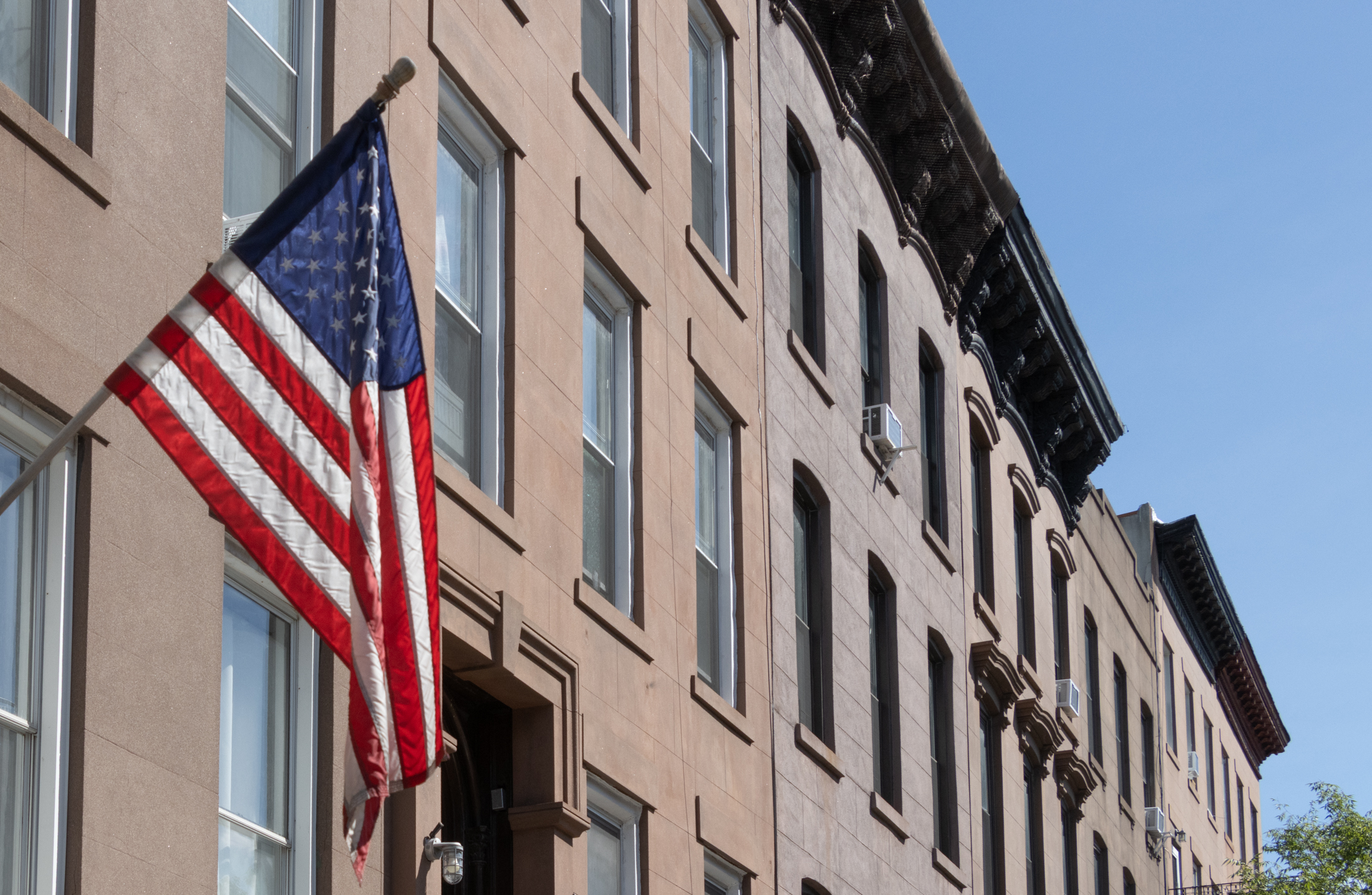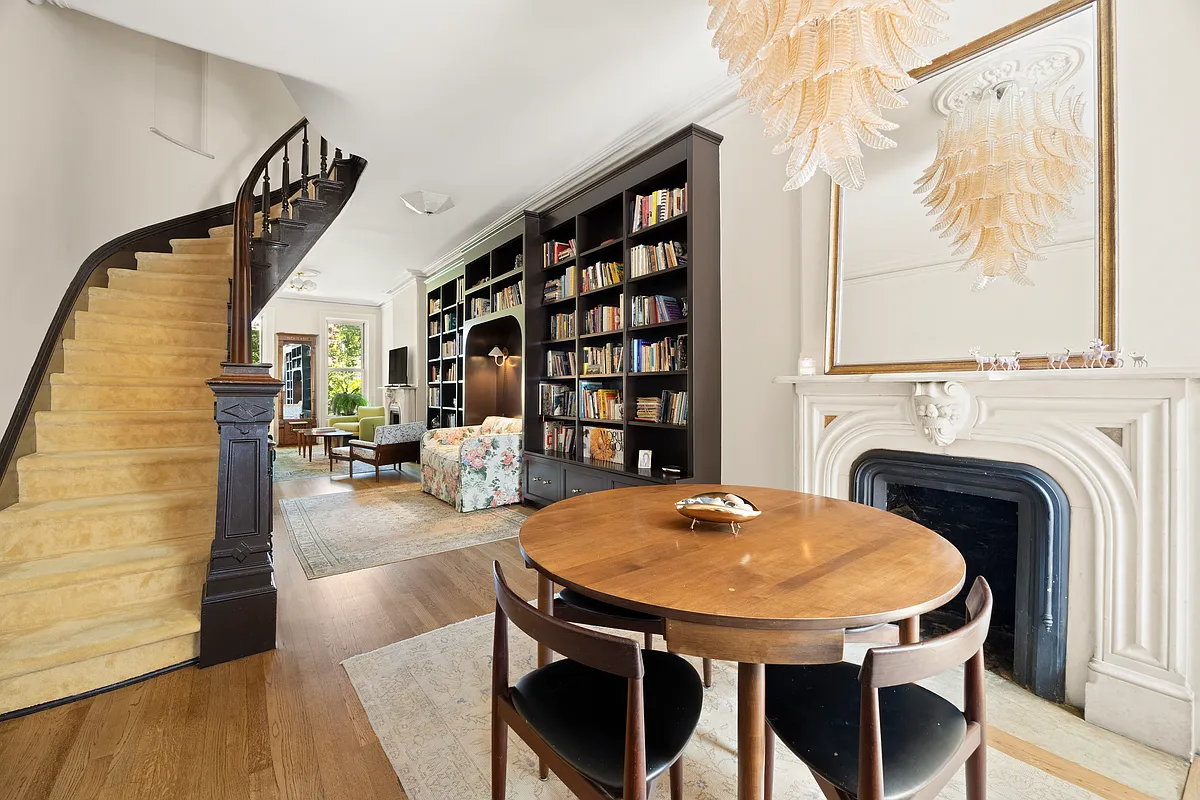Election Shows the New Importance of Brooklyn
We already touched on this topic yesterday in our reblog of primary news, but late yesterday the Times had a sweeping story about how this year’s primaries show the power of the new Brooklyn. In New York City, few stories have gotten more attention in recent years than the ascendancy of Brooklyn. What was once…


We already touched on this topic yesterday in our reblog of primary news, but late yesterday the Times had a sweeping story about how this year’s primaries show the power of the new Brooklyn.
In New York City, few stories have gotten more attention in recent years than the ascendancy of Brooklyn. What was once a national punch line became a catch phrase for urban cool — and very costly urban cool, at that. But on Tuesday night, with Bill de Blasio emerging as the top vote-getter in the Democratic primary and Joseph J. Lhota winning the Republican nomination, Brooklyn moved to center stage politically in a way not seen in decades. Both candidates hail from the borough, and both were propelled by constituencies that populate it. It was like a variation on an often repeated line: Brooklyn is the new Manhattan. Now, Brooklyn is not only the new kingmaker, but also the borough of kings — or at least of the next mayor and the next public advocate, too.
New York City last elected a mayor from Brooklyn in 1973, when the borough was a very different place. “That Brooklyn would be almost unrecognizable today — grittier, poorer, more dangerous. Brownstone Brooklyn has evolved into a gentrified destination for growing numbers of upper-middle-class singles and young couples seeking intimate neighborhoods, artisanal shops and restaurants, and liberal politics,” said the story. The borough — which now, of course, has its own major-league sports team, arena, and tons of Brooklyn based businesses and brands — is seeing a major growth spurt in both jobs and population. The number of people living in Brooklyn is up more than 60,000 since 2010. We are nearing our population peak of 2.7 million, which occurred in 1950.
Another interesting demographic shift the story noted: Black people increasingly live in Brooklyn, not Manhattan. “The city’s black political center of gravity has shifted from Harlem to Brooklyn, which now accounts for more than 4 in 10 black voting-age New Yorkers (compared with a little more than 1 in 10 in Manhattan),” said the Times.
Lastly, the election perhaps signaled an exasperation with the Manhattan-centric Bloomberg mayorality. Do you agree?
In Primaries, Brooklyn Emerged as Big Winner [NY Times]
Photo by Anne Holmes





Lastly, the election perhaps signaled an exasperation with the Manhattan-centric Bloomberg mayorality. Do you agree?
Less about ‘manhattan-centric’ than Bloomberg. People sick of Quinn as his lapdog pulled an “anybody but quinn” vote, even through Billy will suck as thoroughly if not more.
If a board of directors was interviewing to hire a mayor, it would probably choose Lhota.
Nothing like a out of touch, sanctimonious plutocrat to wake up the most populous boro (which SHOULD be a political power)
Naturally, considering they’re more likely to understand how to fix a troubled business, negotiate, and manage relationships.
You can see how well a slick-speaking community organizer has done for the nation’s economy and foreign relations thusfar.
you got trolled son